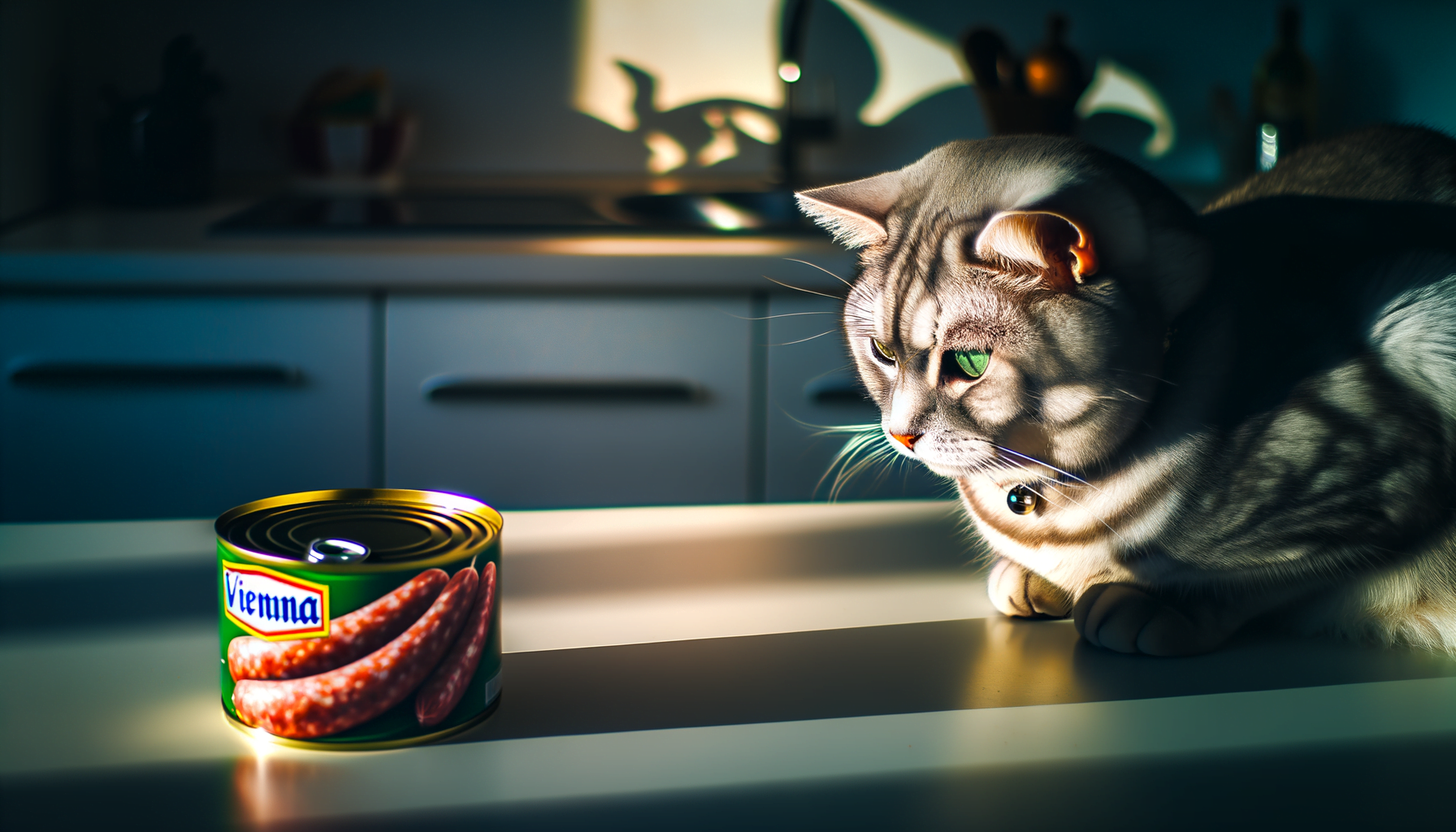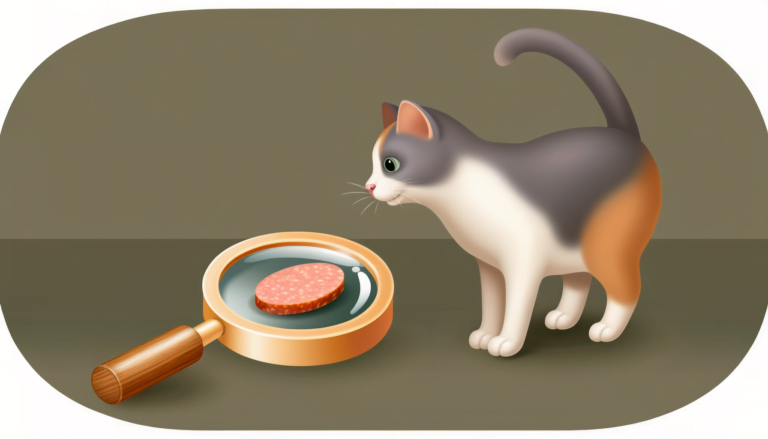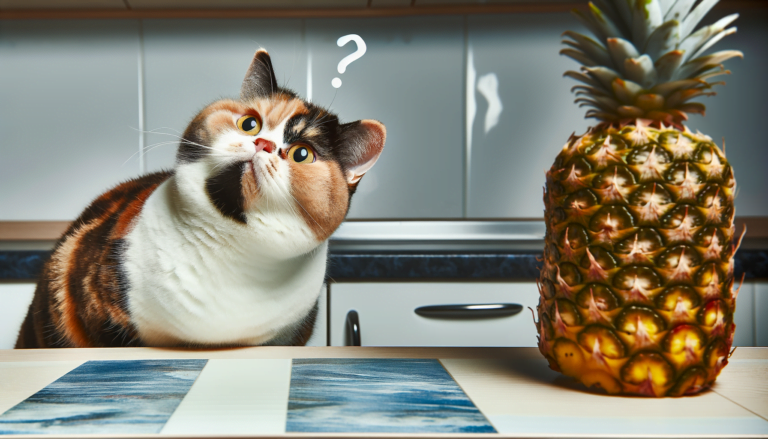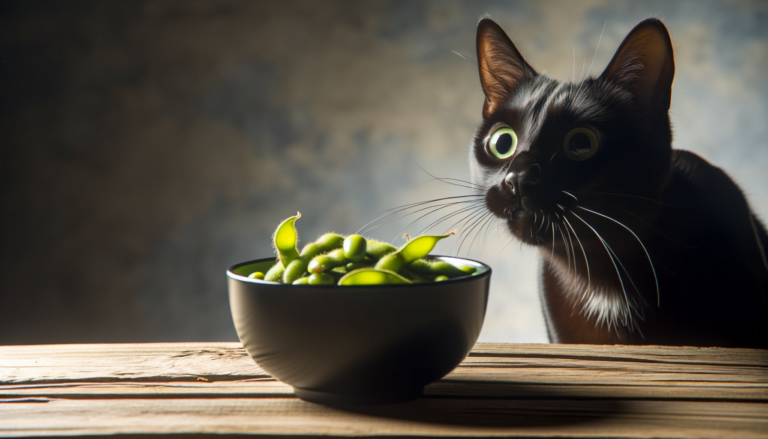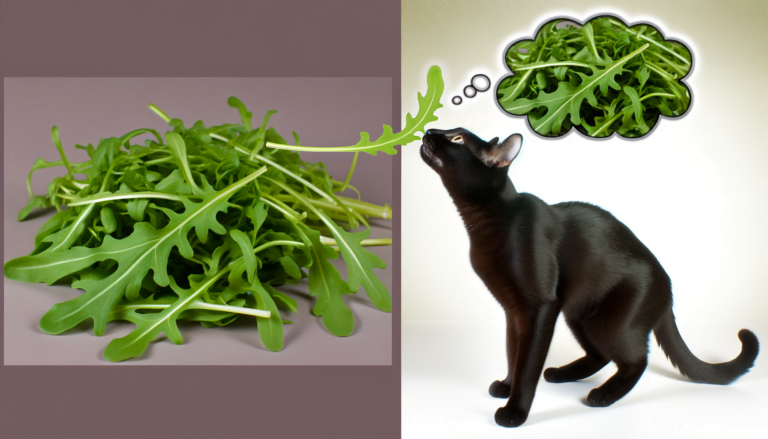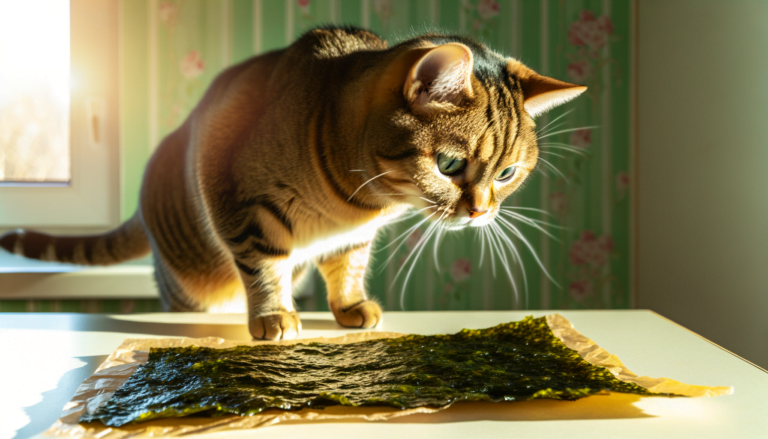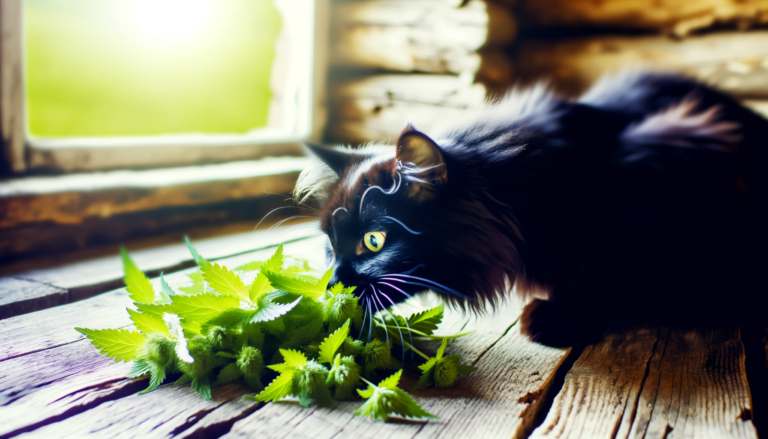Unraveling the Mystery: Is Vienna Sausage Safe for Your Feline Friend?
While cats can technically eat Vienna sausage, it’s not recommended as a main meal or frequent snack. Vienna sausages, like most processed meats, contain high levels of salt and other additives that may be harmful to cats if consumed in large amounts. Cats require a balanced diet tailored to their specific needs, typically achieved through quality cat food. Therefore, if you choose to give your cat a small piece of Vienna sausage, ensure it’s only an occasional treat and not a regular part of their diet.
Understanding Cats’ Dietary Needs and Restrictions
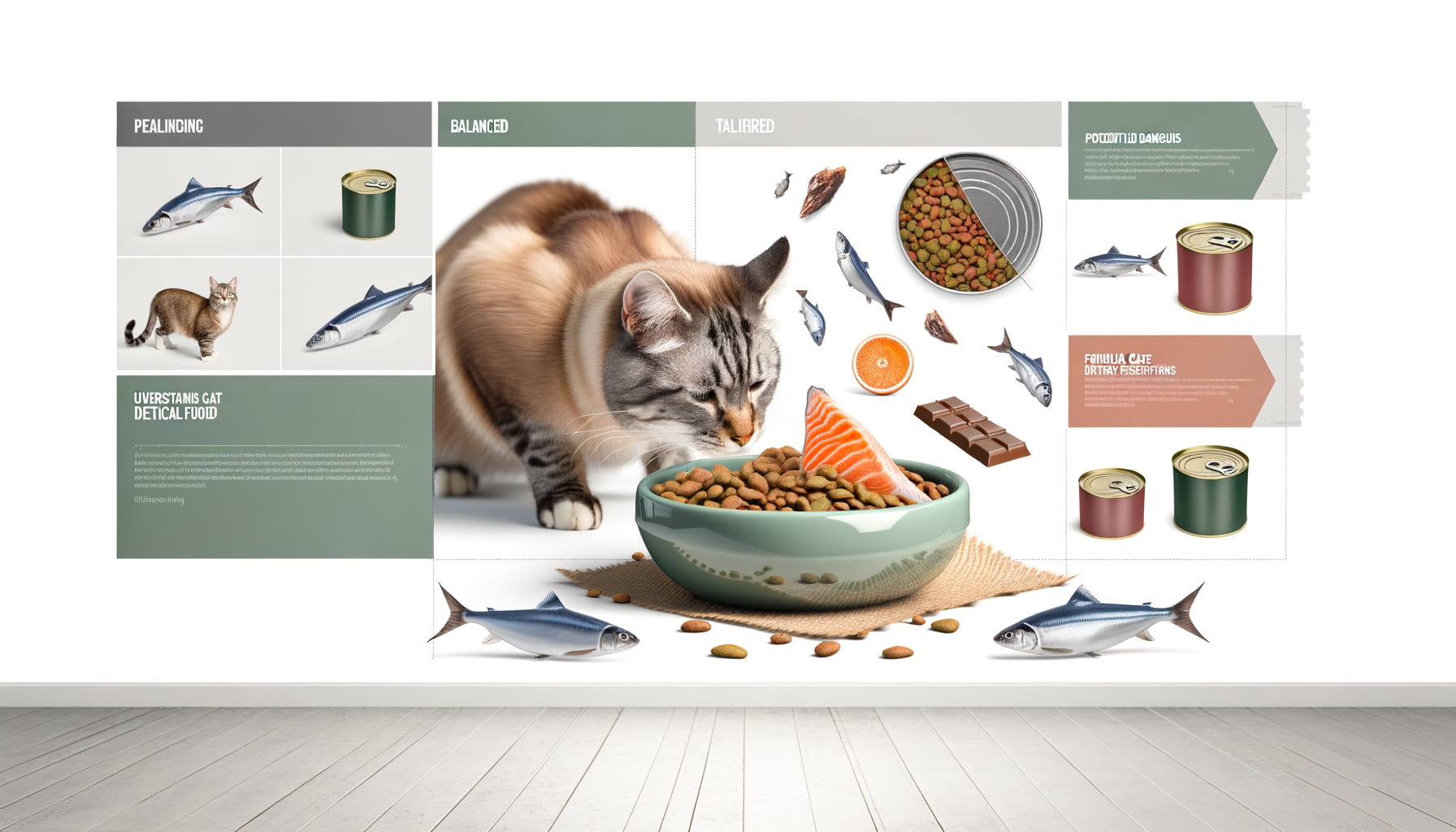
Cats, as obligate carnivores, have a unique dietary requirement predominantly for high-quality animal protein and certain specific nutrients. This requirement is biologically imperative as it relates to their evolutionary origin – hunting small rodents and birds. Cats have a limited ability to metabolize carbohydrates while having a high metabolic demand for certain amino acids, vitamins, and fatty acids that are abundantly present in a carnivorous diet. Therefore, cat food should primarily consist of flesh-based proteins like fish, poultry, or beef.
On the other hand, cats can have a variety of dietary restrictions and intolerances. Some are intolerant to certain grains and gluten due to their limited carbohydrate processing ability. This could lead to digestive issues, weight gain, and diabetes. Another restriction is that cats are unable to synthesize an essential vitamin, Taurine, from other nutrients. Thus, low levels of Taurine in a cat’s diet can lead to serious health problems including heart and eye conditions.
Lastly, it is crucial to bear in mind cats have a susceptibility to develop kidney disease. Subsequently, foods high in phosphorous and certain minerals should be limited. Ideally, the moisture content of a cat’s diet should be high, replicating the prey-based diet of their ancestors, to ensure sufficient hydration and assist in preventing kidney issues.
Health Implications of Feeding Cats with Vienna Sausage
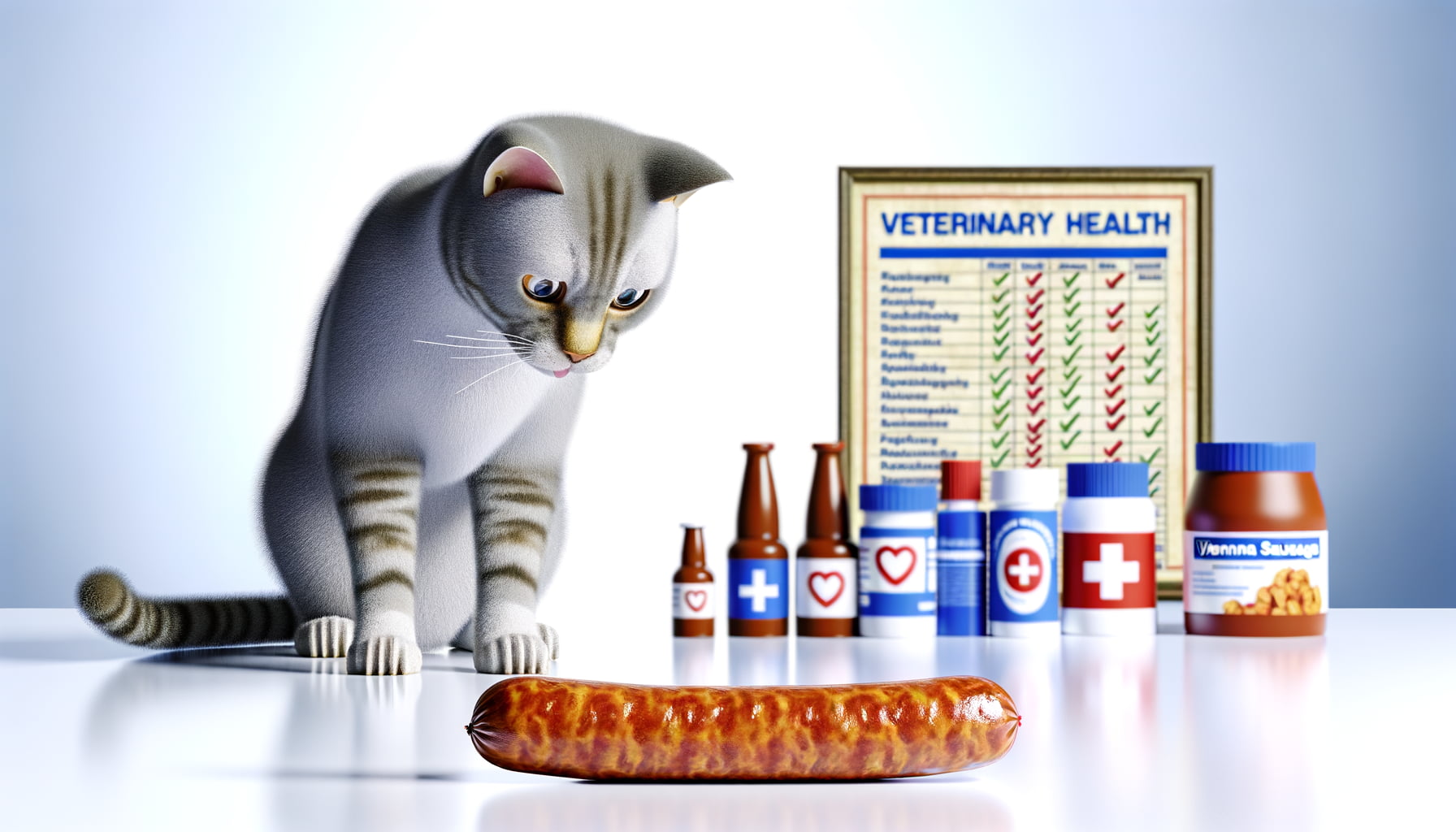
When we delve into the health implications of feeding cats with Vienna Sausage, there emerges a mix of possible outcomes to consider. First, Vienna Sausages are of high sodium content. This could lead to an increased risk of diseases such as kidney failure in cats.
Secondly, these sausages contain seasonings like onion and garlic powder, known for their toxicity for cats. Feeding cats with these sausages could possibly cause gastrointestinal upset, leading to symptoms such as vomiting and diarrhea, and in severe cases, Hemolytic Anemia.
Last but not least, cats require taurine for their vision and cardiac health. Although Vienna Sausages provide a source of protein, they fail to contain the essential amino acid taurine, which is critically needed in a cat’s diet. Thus, repeated feeding could lead to nutritional imbalances. In conclusion, it is crucial for cat owners to consider these potential health implications before introducing Vienna Sausages into their feline friend’s diet.
Safe and Healthy Alternatives to Vienna Sausage for Cats
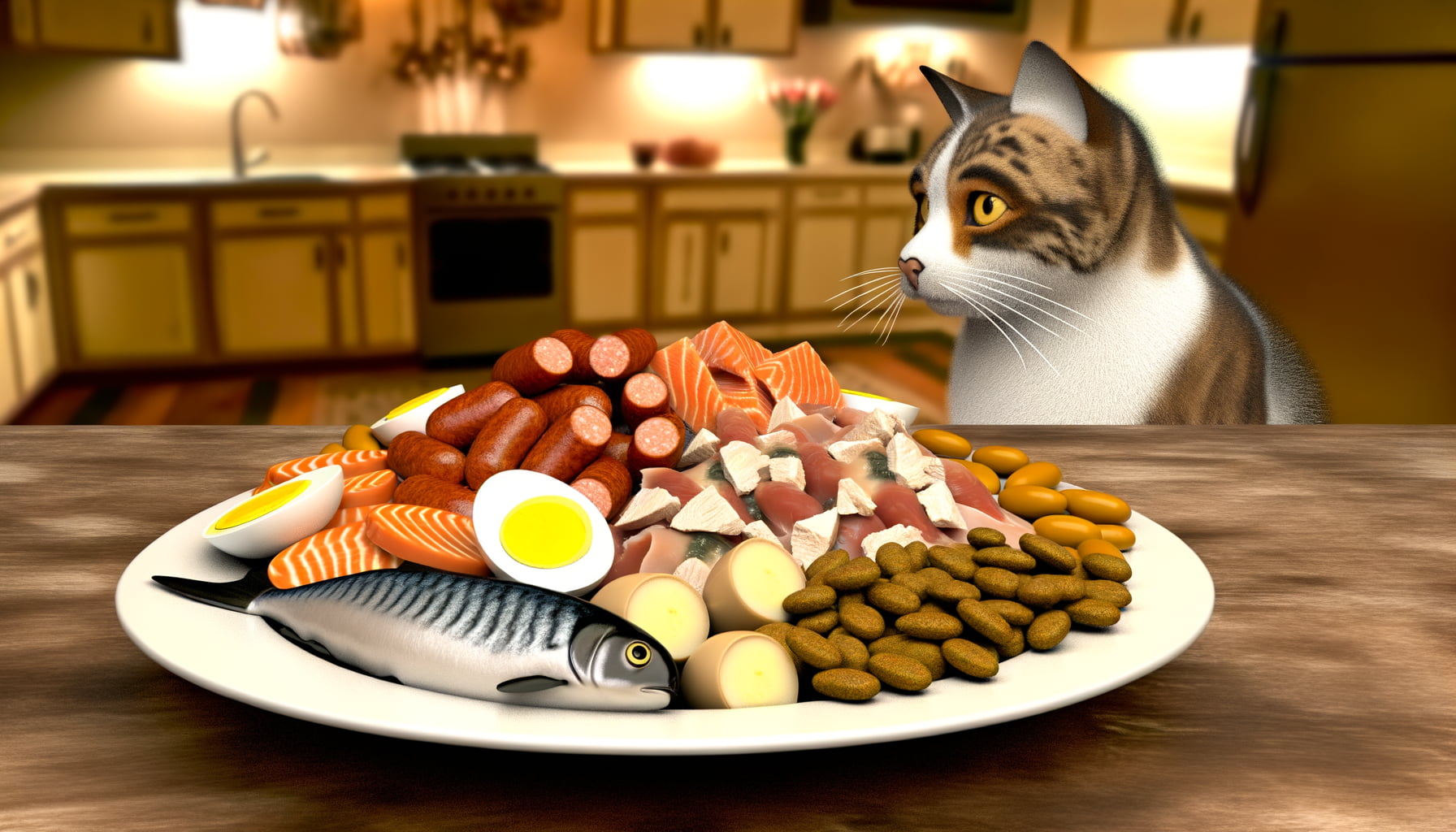
When seeking alternatives to Vienna sausage for your cat, it’s critical to consider meals rich in protein and taurine. Cooked chicken, for example, serves as a great option. It’s easy to digest and provides the necessary animal protein for your feline without any harmful additives or spices commonly found in processed meats like Vienna sausage.
Cooked fish such as salmon, mackerel or tuna also provides a protein-rich alternative. However, it should be served sparingly as excessive fish in a cat’s diet can lead to deficiencies in certain nutrients. Also, ensure all fish served is completely de-boned.
Commercially prepared cat food specifically designed to meet feline nutritional needs is also highly recommended. These foods, whether dry or wet, ensure your cat gets a balanced diet, which includes the essential vitamins, minerals, and taurine that they can’t find in sufficient amounts in normal human foods.
Nutritional Content of Vienna Sausage
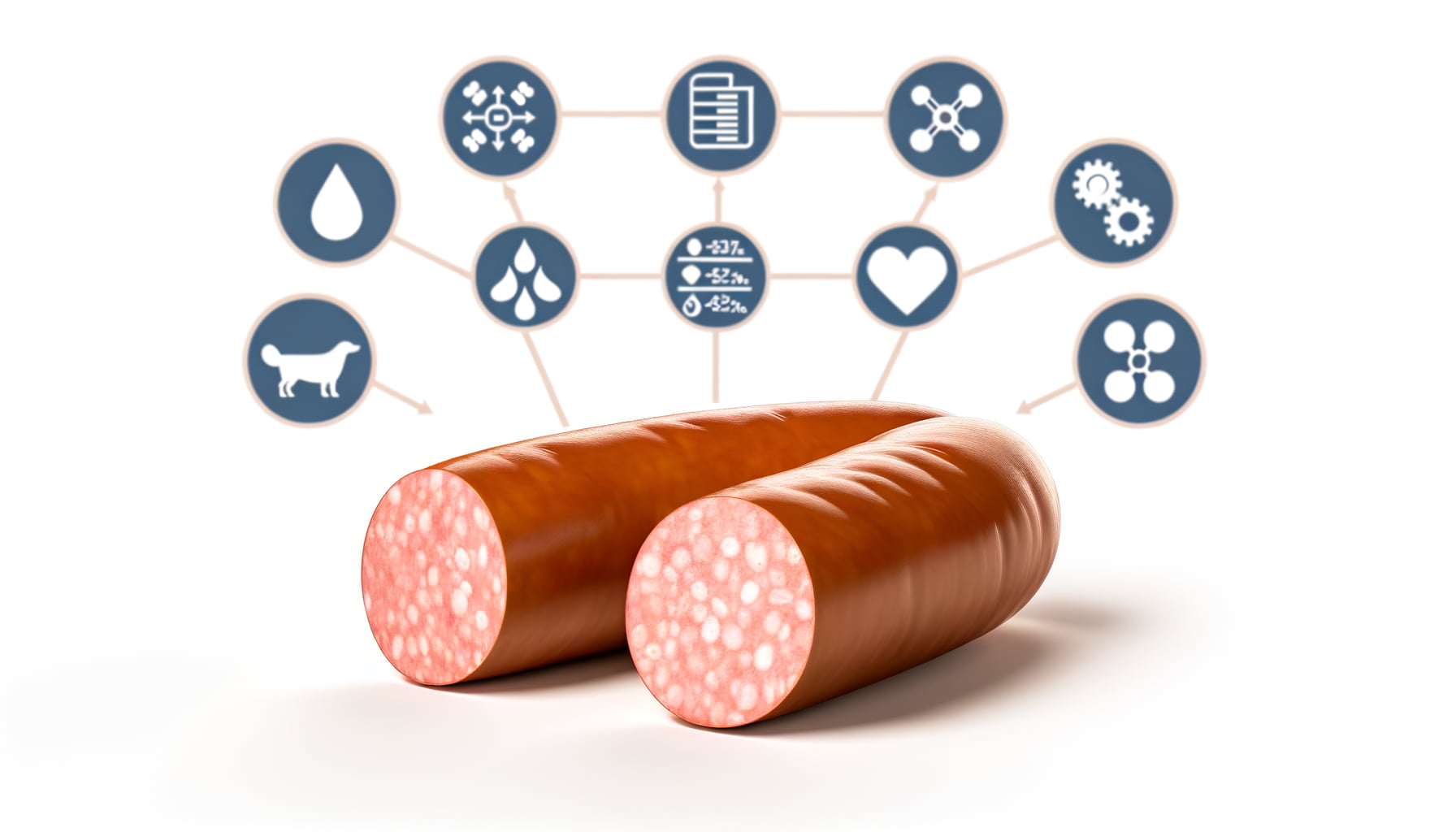
When exploring the nutritional content of Vienna sausage, we find it houses a blend of proteins, fats, and carbs. However, the protein sources are often unclear and could include a variety of meats, such as pork, beef, or chicken, after being heavily processed.
The meat content is married with a cocktail of preservatives and artificial flavorings, which can be harmful to your pet. Speaking of harmful, Vienna sausages are quite high in sodium, a mineral that, whilst essential in a feline’s diet, can become toxic in large amounts. There is also an unsettling lack of specific nutrients that would usually be abundant in whole meats, such as taurine, an amino acid that is key for a cat’s heart health.
After delving into the nutritional content, it becomes clear: Vienna sausages, despite their convenience, do not meet the nutritional needs of your feline friend. Given their ingredient list and nutritional composition, they fall short in offering the necessary balance of nutrients required to maintain a cat’s optimal health. Therefore, this morsel may not be the ‘treat’ you think it is for your beloved pet.
Conclusion
After diving into the mystery of whether Vienna Sausage is safe for your feline friend, it is important to approach this decision with caution and consideration. While Vienna Sausage can be a tasty treat for your cat, it is crucial to remember that moderation is key when it comes to their diet and overall health. Keeping a close eye on the ingredients and potential risks associated with feeding your cat Vienna Sausage will ensure that they are kept safe and well-nourished.
Ultimately, the decision to feed your cat Vienna Sausage should be made with their well-being in mind. By staying informed and making choices that prioritize your feline friend’s health, you can ensure that they continue to live a happy and healthy life. Remember, a well-balanced diet is essential for your cat’s overall wellness, so always consult with a veterinarian before introducing any new foods into their diet.
